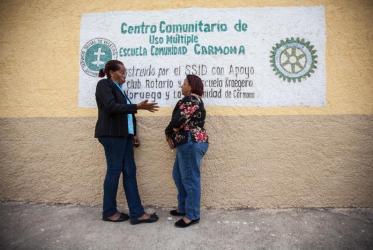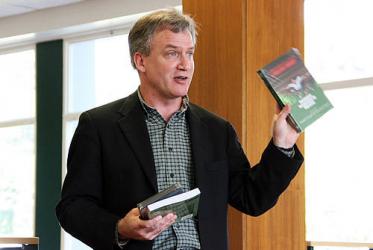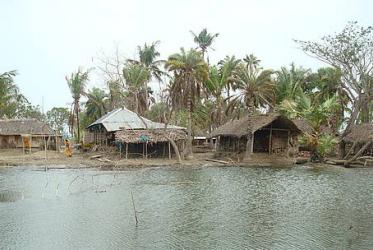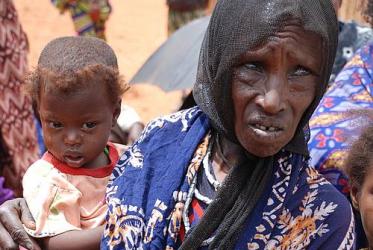Displaying 161 - 177 of 177
12 June 2015
Church leaders address statelessness in Dominican Republic
03 February 2015
After Busan: A pilgrimage of justice and peace
29 January 2014
Faith leaders promote protection of displaced people
25 July 2013
Protection of uprooted people is integral to religions
14 December 2012
Migration and theological method
09 March 2011
Migrants, too, have human rights
01 December 2008













